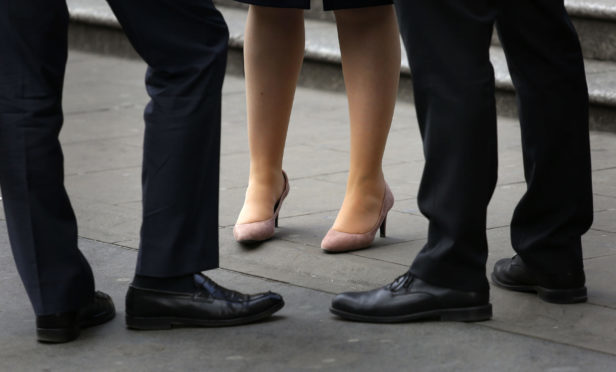Firms across the north and north-east have just days to reveal their gender pay gap.
Under Home Office legislation, companies with more than 250 employees must publish the difference between the average male and female wages by Wednesday.
Some have already published details, including a number of Premiership football clubs.
Such figures were skewed by the high wages of male players, with Newcastle United and Sunderland both reporting pay gaps of around 80%.
Newcastle recorded a gap in mean pay during the reporting period – in their case, the 2015-16 season – of 83.3 per cent, although the difference is reduced to 16.1 per cent when the salaries of manager Rafael Benitez and the club’s players are taken out of the equation.
According to research by The Young Women’s Trust, women earn almost a quarter of a million pounds less than men over the course of a lifetime in the UK.
The pay gap emerges as soon as a young woman starts work, with those aged 22 to 29 being paid an average of £1,500 a year less than their male colleagues, rising to £7,600 when they are in their 50s, a study found.
But critics argue that the gap does not reflect the full picture – as women often take career breaks to have families while many more women choose part time work than men.
Women often work in lower paid sectors such as care, while men often choose higher paid work in the likes of engineering.
A large number of employers have also complained that staff misunderstand the number and often believe it reflects men and women not being paid equally for doing the same job, which has been illegal since the 1970 Equal Pay Act, according to the Financial Times.
Chief executive of the Young Women’s Trust Dr Carole Easton said: “We know that many young women are struggling to make ends meet because they are more likely to be on low pay. Discrimination and unequal caring arrangements still prevent them progressing at work and reaching higher salary bands.
“We need to help more women into male-dominated sectors and into senior positions. Helping parents share childcare more equally and supporting women back into the workforce after taking time out through flexible working opportunities would make a big difference, too.”
